WooCommerce and Adobe Commerce are two popular e-commerce platforms available today. They both have their unique strengths and are suitable for different needs. While WooCommerce is a plugin for WordPress, Adobe Commerce is a standalone product, formerly known as Magento. They are supported by their strong communities, with WordPress users favoring WooCommerce and Adobe advocates supporting Magento. In this post, we’ll compare WooCommerce vs Adobe Commerce to help you decide which platform is best for your business.
- 1 Similarities of WooCommerce vs Adobe Commerce
- 2 How Easy is Set Up and Use?
- 3 What are the Associated Costs of WooCommerce vs Adobe Commerce?
- 4 Which is Better for Customization?
- 5 Comparing Features
- 6 WooCommerce and Adobe Commerce Alternatives
- 7 WooCommerce vs Adobe Commerce: The Verdict
- 8 Frequently Asked Questions (FAQs)
Similarities of WooCommerce vs Adobe Commerce
WooCommerce and Adobe Commerce are both open-source products, meaning that the original code is freely available for anyone to modify or build on to create a customized product. The vast communities that support these products are due in part to the culture of sharing that open-source software fosters.
One of the reasons WooCommerce and Adobe Commerce have such large communities is that open-source software creates an appreciation of sharing. Developers go on to share their versions of the open-source software to carry on this aspect of giving.

As a new business owner, using open-source products like WooCommerce or Adobe Commerce means that you can take advantage of a free initial product and the support of a large community. However, it’s worth noting that with Adobe Commerce, unless you’re willing to pay a high price or use a hosting provider with one-click installs, you’ll need a good understanding of command-line installation and coding to get the platform up and running. This is not the case with WooCommerce, which is a plugin for WordPress and can be easily installed with a few clicks.
How Easy is Set Up and Use?
Starting an e-commerce business can come with its own set of challenges, but you don’t want the platform you choose to be one of them. If you’re already using WordPress and want to add e-commerce functionality to your site, it makes sense to choose the WooCommerce plugin. This way, you won’t have to get used to a new interface or migrate your site to another platform.
However, when comparing WooCommerce vs Adobe Commerce, one important factor to consider is the ease of use. While WooCommerce is easy to install and set up, Adobe Commerce may require more technical knowledge and experience, particularly when it comes to customization and advanced functionality. It’s important to evaluate your skill level and the needs of your business to determine which platform is the right fit for you.
WooCommerce Set Up

WooCommerce is a great option for beginners, even if you don’t have a WordPress site yet. This is because WordPress is very user-friendly and WooCommerce is an extension of it. There are numerous plugins available for customization through WordPress, including options from Yith and other providers. In addition, WooCommerce provides extensive documentation to help with the setup process.
Adobe Commerce Set Up
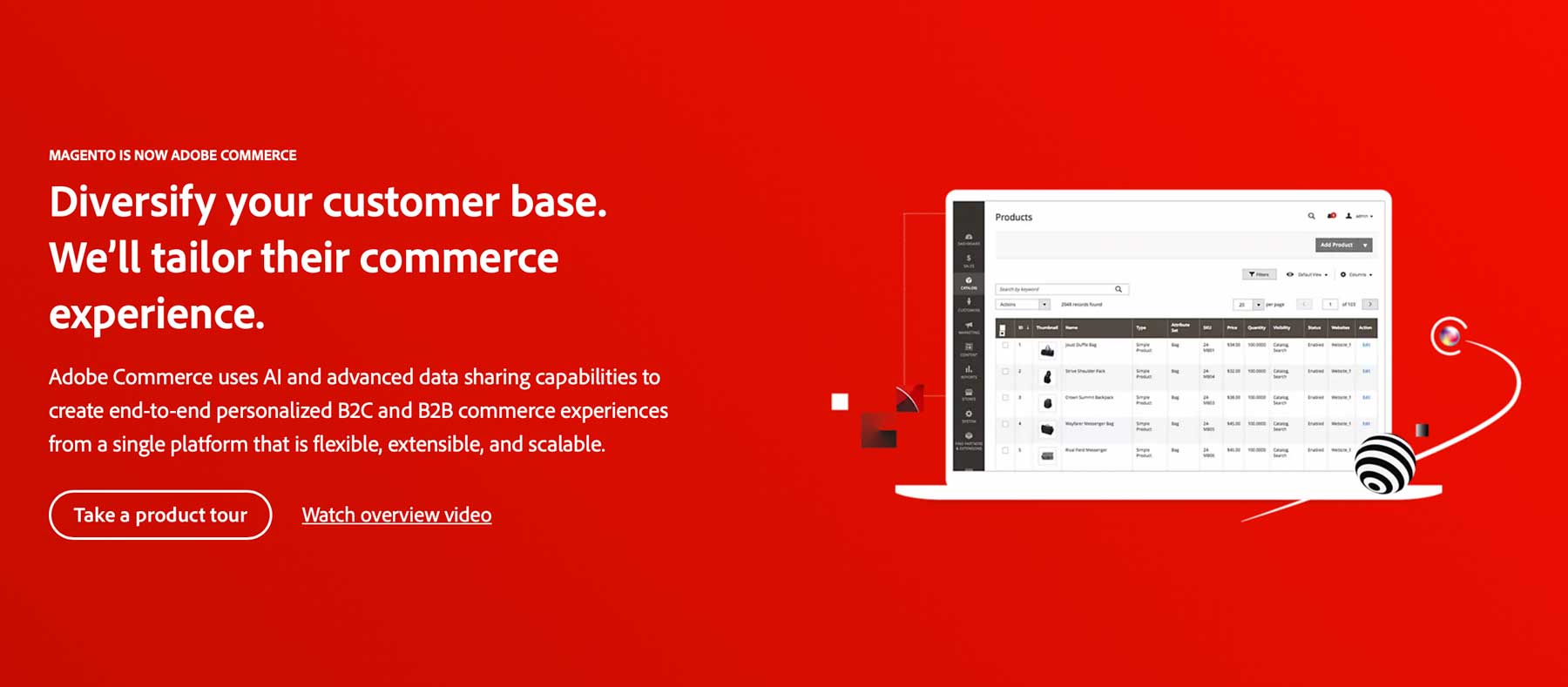
Adobe Commerce, being built on Magento, requires web development knowledge to get started. Like WordPress, it requires a hosting environment built on Apache or Nginx, as well as PHP and MySql. However, to install Magento, you’ll need to either use the command line interface, which may be overwhelming and frustrating for beginners, or research hosting providers that simplify the process.
Once set up, Magento’s interface is user-friendly and supported by tutorial videos and documentation. It also includes a full installation wizard. However, adding extensions to your site can be challenging, and may require the expertise of a Magento-specialist developer or personal effort.
Therefore, when it comes to ease of use, WooCommerce vs Adobe Commerce is the clear winner.
 |  |
|
|---|---|---|
| Ease of Use | 🥇 Winner WooCommerce is as simple to set up as WordPress, with a simple walk though set up wizard. | Unless you have strong dev skills or a host that offers set up, Adobe Commerce is difficult to install, requiring command line interface. |
| Choose WordPress | Choose Adobe Commerce |
What are the Associated Costs of WooCommerce vs Adobe Commerce?
Both e-commerce platforms are free to download and start building your shop but to grow your business, you may need more payment options beyond PayPal and bank transfers, which can cost additional fees.
WooCommerce
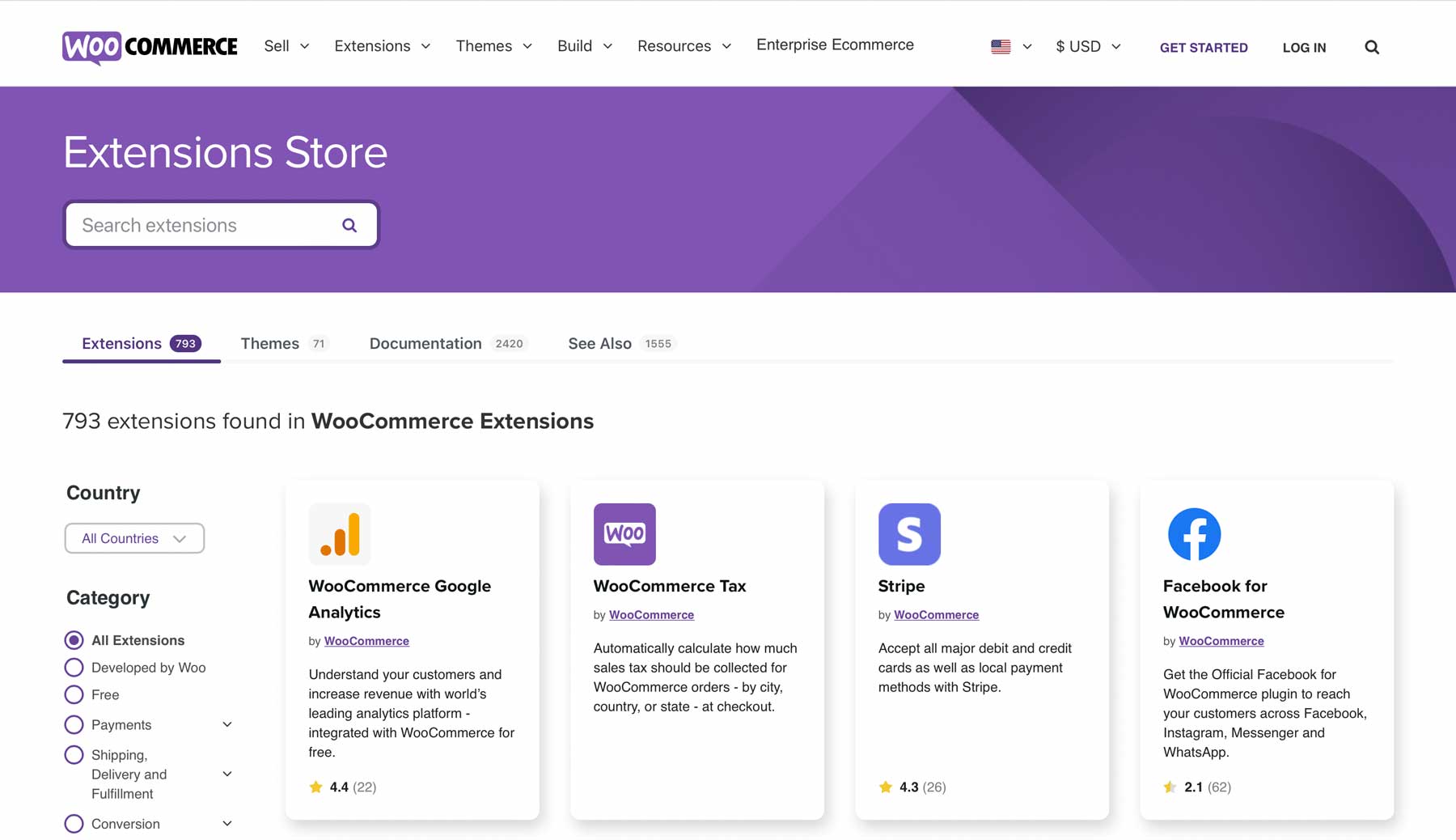
WooCommerce has limited basic options, so you need to buy plugins and extensions, which can add up. There are many options available, including some free ones, but if you want a unique shop, you’ll need to spend money or do some coding.

Thanks to themes like Divi, creating a beautiful online store is easy using the Visual Builder to customize colors, fonts, and more. You can find some great child themes through the Divi Marketplace, such as Divi Ecommerce, which provides everything you need for a stunning online shop that can be set up in a matter of minutes. On top of that, there are a myriad of eCommerce plugins that you can use to add deep functionality to your online store.
Adobe Commerce
With Adobe Commerce, you’ll find it necessary to add extensions to both e-commerce platforms, which will require additional costs as your business grows. While WooCommerce offers a wide selection of free and paid plugins, Adobe Commerce’s extensions are pricier, and you’ll need a Magento specialist to install them correctly. Additionally, finding a Magento developer is harder than finding WordPress developers.
Overall, WordPress is more user-friendly and easier for individuals with varying levels of experience, while Magento would require more time and expertise to set up and manage.
Hosting Considerations
When it comes to hosting, it’s important to consider that while WooCommerce can run on WordPress hosting, Adobe Commerce requires more advanced hosting options like dedicated servers or cloud plans. Cloudways is a recommended hosting provider for Magento users, and their one-click install makes it easy to set up your website. If your product portfolio grows, you may need to upgrade your hosting to ensure your website runs smoothly.
When deciding between WooCommerce vs Adobe Commerce, it’s important to consider your long-term goals and budget. While the initial costs of setting up both platforms are low, it’s important to think about your future needs. Do you require the advanced features of Adobe Commerce, or will WooCommerce suffice? If you anticipate needing those features, it may be worth investing more money upfront rather than having to migrate your site to Adobe Commerce later on. Keep in mind that Adobe Commerce hosting plans are expensive, costing over $1000 per month. However, if you’re a large company with the budget to invest in it, it could be a wise choice.
 |  |
|
|---|---|---|
| Associated Costs | 🏳 Draw WooCommerce can get pricey depending on how customized you want your online shop to be. | 🏳 Draw Adobe Commerce (Magento) is free, but installing extensions is expensive and may required developer assistance. |
| Choose WordPress | Choose Adobe Commerce |
Which is Better for Customization?
Both WooCommerce and Adobe Commerce offer various customization options, but the level of customization needed will depend on your specific needs and preferences. For instance, to customize your website’s branding, you’ll need to unlock this ability through plugins or a developer’s time. It’s worth noting that being able to customize your site is only possible because both WooCommerce and Adobe Commerce are self-hosted.
On the other hand, hosted solutions like Shopify allow you to quickly build an online store, but customization options are limited. Therefore, WooCommerce and Adobe Commerce are excellent options if you want to make your e-commerce shop truly unique.
Additionally, when comparing WooCommerce vs Adobe Commerce, both platforms offer extensive customization options that allow you to tailor your online store to your specific needs. The level of customization required, however, may differ depending on which platform you choose.
WooCommerce
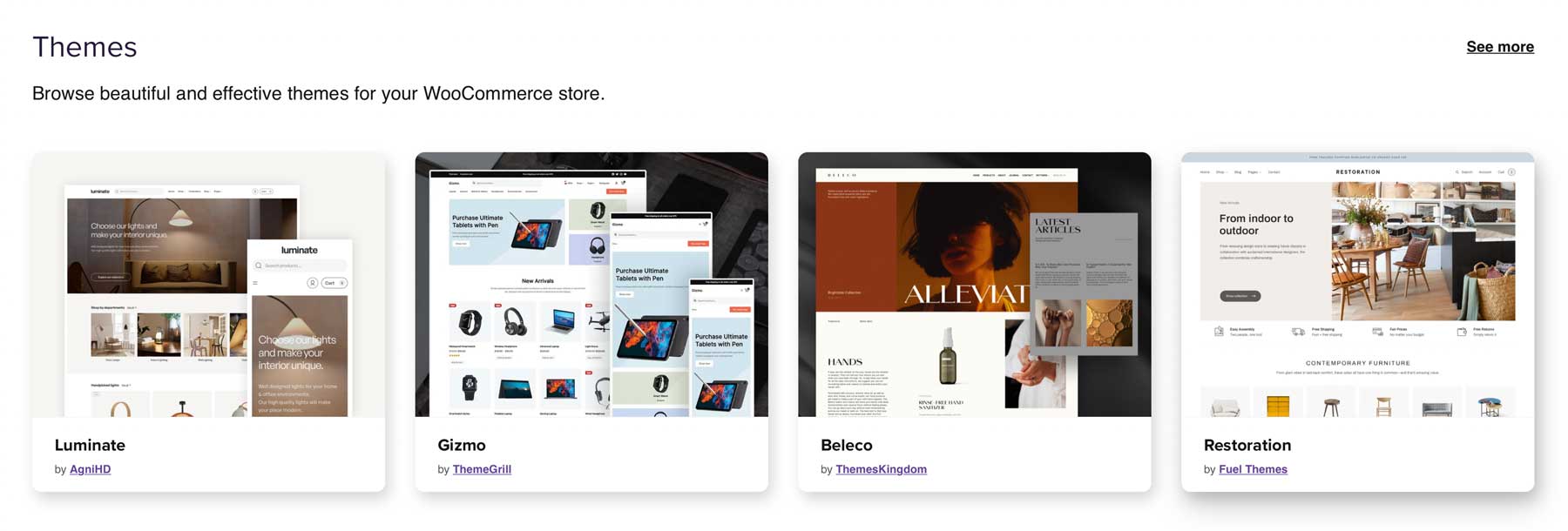
WooCommerce has many themes, both free and paid, that let you customize your site’s appearance. You can also find themes made by third-party developers, like Elegant Themes and Elementor, that are compatible with WooCommerce.
WooCommerce supports various custom plugins, including payment and shipping provider plugins like Printify, to enhance its functionality. Developers can also use custom code and APIs to build custom integrations with third-party applications.
Adobe Commerce
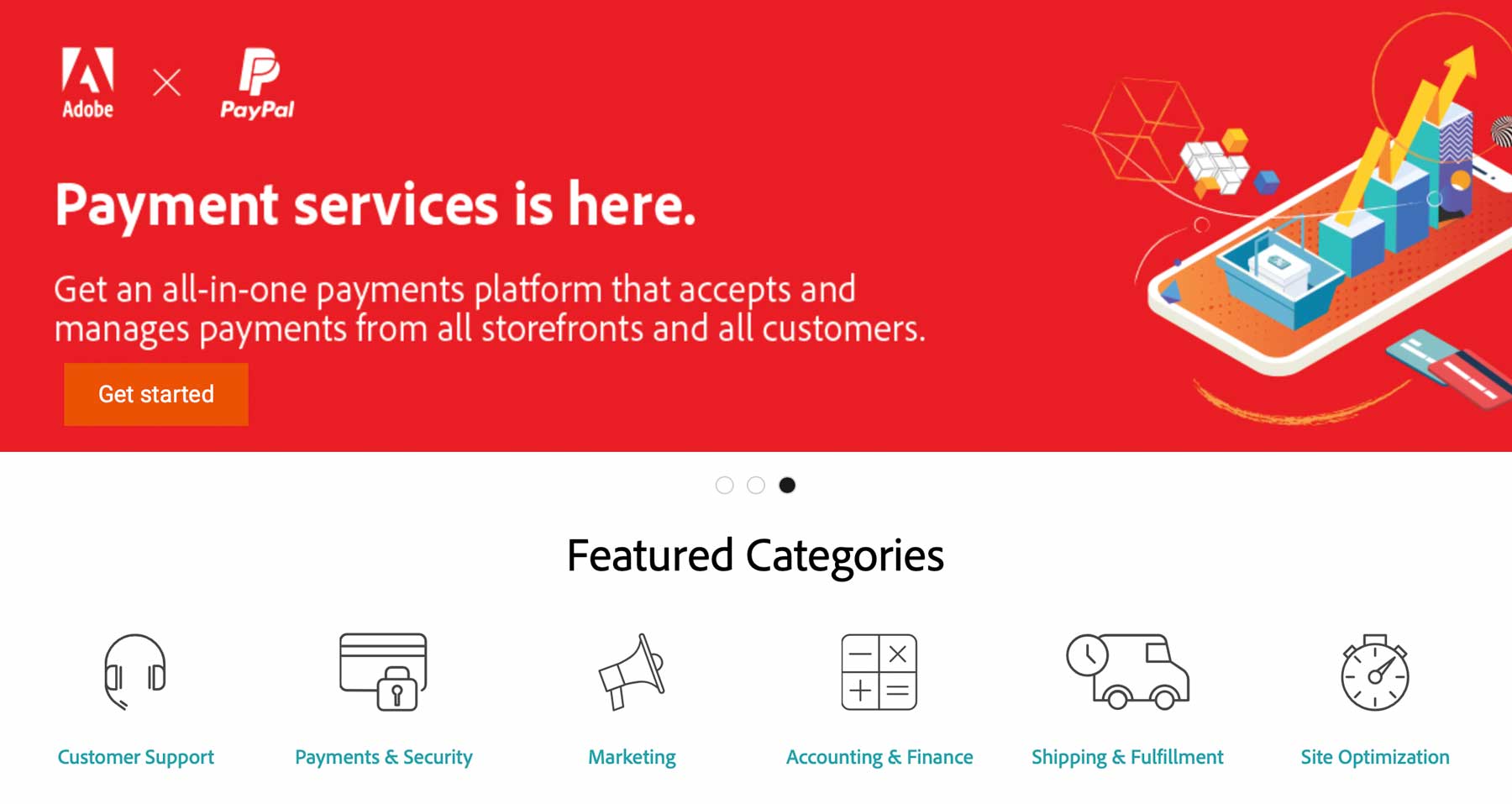
Like WooCommerce, Adobe Commerce offers a variety of free and premium themes to customize your online store’s appearance. However, unlike WordPress, most of these themes are created by third-party vendors rather than Adobe itself. Additionally, the Magento Marketplace provides access to over 5,000 extensions that can enhance the functionality and appearance of your store. It’s worth noting that customization on Adobe Commerce may require more technical skill than it does on WooCommerce.
Furthermore, with code customization, you can achieve incredible things on Adobe Commerce. Creating custom modules, extensions, and themes can add a unique flair to your online store.
 |  |
|
|---|---|---|
| Customization | 🥇 Winner With so many third-party plugins and child themes available, there are no limits to customization with WooCommerce. | While there are extensions and themes available, they are expensive and time-consuming. Therefore, most will opt for the simple look and feel of a basic Adobe Commerce site. |
| Choose WordPress | Choose Adobe Commerce |
Comparing Features
With any e-commerce platform, you’ll need a shopping cart and the ability to upload and categorize products. You get these basic features with WooCommerce and Adobe Commerce. When comparing WooCommerce vs Adobe Commerce, which has more features to offer?
WooCommerce
WooCommerce is user-friendly and has basic built-in features like ratings and widgets, but advanced features need add-ons. It can also work with other WordPress plugins. The navigation is not as advanced as Adobe Commerce’s as it only allows filtering by one attribute. However, you can change this by using one of WordPress’ many menu plugins.

WooCommerce offers easy-to-manage extensions through WordPress plugins, some of which are free. Popular examples include Rank Math, which is a great plugin to help with WooCommerce SEO, Askimet for spam filtering, and Gravity forms for creating forms. It’s even possible to build an auction site – like eBay – with plugins like WooCommerce Simple Auction. If it’s in the realm of selling and buying online, there is more than likely a WooCommerce plugin available for that use case.
Adobe Commerce
Adobe Commerce offers cross-selling, up-selling, product comparison, discount codes, and advanced filters, making it a winner in this area. It also allows you to view multiple stores on the same account, which is useful for creating localized versions of your store.
Google Analytics Integration
Adobe Commerce and WooCommerce provide Google Analytics for business success assessment and product portfolio strategy. However, when it comes to features, Adobe Commerce has the better basic features, but you’ll need to invest more to improve your site.
 |  |
|
|---|---|---|
| Features | 🏳 Draw WooCommerce offers plugins, custom code capabilities, and Google Analytics integration. | 🏳 Draw Adobe Commerce has advanced features for cross-selling, product comparisons, and discount codes right out of the box. |
| Choose WordPress | Choose Adobe Commerce |
WooCommerce and Adobe Commerce Alternatives
Consider Shopify if you want an easy-to-use online store without many customization options. However, if you want more control over the looks of your store, you should check out our WordPress vs Squarespace comparison.
WooCommerce vs Adobe Commerce: The Verdict
Adobe Commerce is a preferred choice for larger businesses or agencies that manage e-commerce sites for their clients. It’s scalable, making it perfect for those with grand plans or an already successful online store. Adobe Commerce offers a few more basic features, and the extensions are excellent once they are installed by a developer. However, it’s worth noting that setting up this kind of store requires a significant budget.
Final Comparison
WooCommerce is a great choice for small businesses and those with limited development experience. As your business grows, add plugins like Rank Math and Yith to enhance customer experience on this platform with basic e-commerce functionality. WooCommerce is a simple way to sell products on your website if you’re familiar with WordPress or have an existing domain.
 |  |
|
|---|---|---|
| Ease of Use | 🥇 Winner WooCommerce is as simple to set up as WordPress, with a simple walk though set up wizard. | Unless you have strong dev skills or a host that offers set up, Adobe Commerce is difficult to install, requiring command line interface. |
| Associated Costs | 🏳 Draw WooCommerce can get pricey depending on how customized you want your online shop to be. | 🏳 Draw Adobe Commerce (Magento) is free, but installing extension is expensive and may required developer assistance. |
| Customization | 🥇 Winner With so many third-party plugins and child themes available, there are no limits to customization with WooCommerce. | While there are extensions and themes available, they are expensive and time-consuming. Therefore, most will opt for the simple look and feel of a basic Adobe Commerce site. |
| Features | 🏳 Draw WooCommerce offers plugins, custom code capabilities, and Google Analytics integration. | 🏳 Draw Adobe Commerce has advanced features for cross-selling, product comparisons, and discount codes right out of the box. |
| Choose WordPress | Choose Adobe Commerce |
WooCommerce’s integration with WordPress can benefit those familiar with the platform. Ultimately, the choice between WooCommerce vs Adobe Commerce comes down to the specific needs of your business and your budget.
Frequently Asked Questions (FAQs)
Before we wrap up, let’s answer some of your most common questions about WooCommerce and Adobe Commerce. Did we miss one? Leave a question below, and we will respond!
Which is better, WooCommerce or Adobe Commerce?
Which is easier to use, WooCommerce or Adobe Commerce?
Is WooCommerce more affordable than Adobe Commerce?
Which has better performance, WooCommerce or Adobe Commerce?
Does WooCommerce have more integrations than Adobe Commerce?
Which has better reporting features, WooCommerce or Adobe Commerce?
Can I use WordPress and Adobe Commerce together?
Where can I host WooCommerce or Adobe Commerce?
Is WordPress more scalable than Adobe Commerce?
What are the factors to consider when choosing between WordPress and Adobe Commerce?
Article thumbnail image by IdeaGU / shutterstock.com

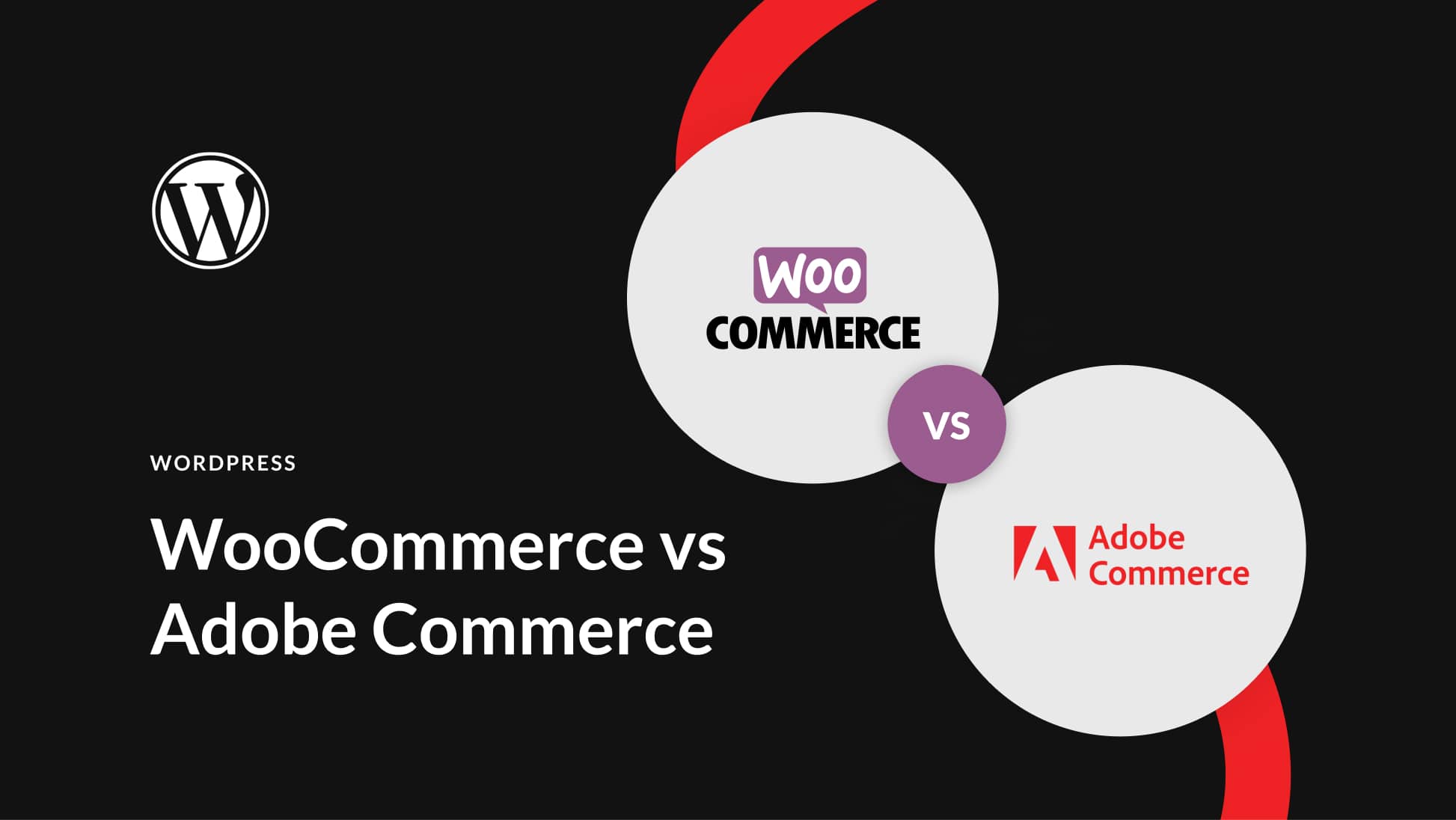




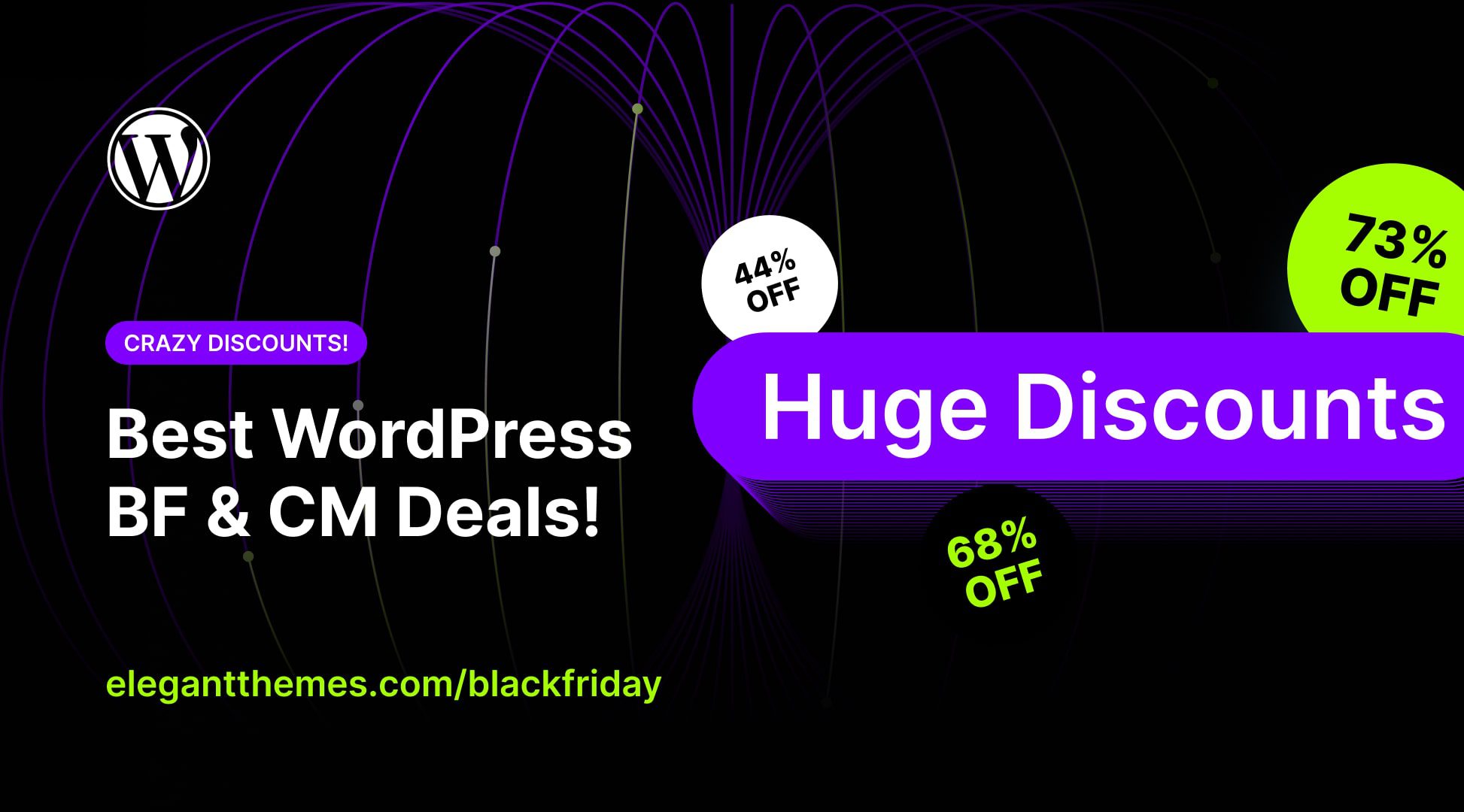

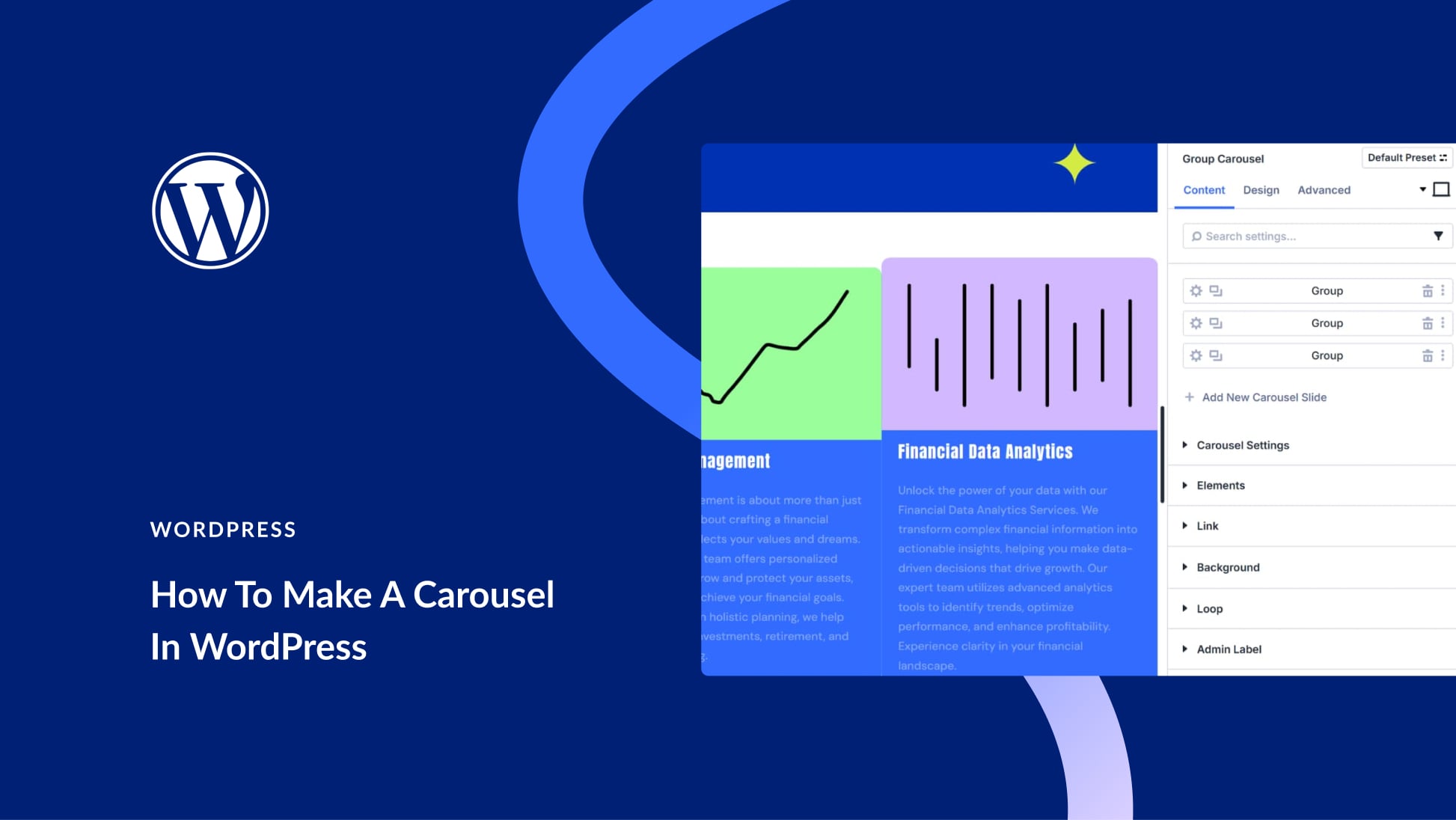
Leave A Reply